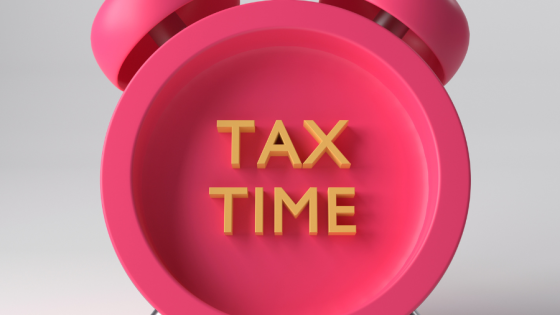Part 1 - The chain of crypto taxes
18 Nov 2021
What taxes do I pay in the UK on my crypto gains?
Categories & Tags
In my article The Crypto Tax Block, I discussed and raised the numerous issues surrounding the taxation of crypto in the UK. Whilst there is a long way to go to align new technologies with new tax law, for the time being, every crypto investor has a responsibility to pay the right amount of tax at the right time. In my series of The Chain of Crypto Taxes articles, the intention is to help you better understand how HMRC expect you to report your crypto activity and pay any taxes.
To kick things off, there are three main taxes that you might need to pay on your crypto (meaning all types of cryptoassets) holdings and activity.
• Capital gains tax (CGT)
• Income tax
• Inheritance tax
If you trade as a company, such as a family investment company (FIC) you will be required to pay Corporation tax.
What crypto activity do I pay tax on in the UK?
The evolution of crypto protocols and wider audience engagement means HMRC are struggling to keep up to date with their guidance, but essentially, you should expect to be taxed on the majority of crypto types, transactions and activity. HMRC does not treat crypto as currency or money (see my Article Crypto versus Money), but rather look at how you deal with your crypto and the transactions therefrom, which means there are many more variables to consider and interpret.
Your recordkeeping should be prepared to account for the following cryptos and activity types:
Crypto
• Exchange tokens – those that can be used to make payments e.g. bitcoin
• Utility tokens – those which provide you with the right to access goods or services, which will include Altcoins (anything other than bitcoin), Meme tokens (e.g. Shib) etc.
• Security tokens – those that give you the right to profit and loss in a business venture
• Stablecoins – coins that are pegged to another asset with a stable value, such as fiat currencies like USD, or precious metals like gold; these coins are stable, as for every one minted (created) an amount of the stable asset is held in reserve i.e. 1 USDT (Tether token) is minted, and $1 is held in reserve by the exchange.
• NFTs – non-fungible tokens, which are essentially pieces of digital art that are entirely unique and cannot be replicated or replaced e.g. Cryptopunks
Activity:
• Selling crypto for money or money’s-worth
• Exchanging crypto for another
• Staking and staking rewards (reflections)
• Yield farming
• Wrapping rewards
• Airdrops
• Forks
• Mining
• Play to Earn (P2E) rewards
• Using crypto to pay for goods or services
• Crypto paid to you by your employer
• Gifting crypto to anyone other than your spouse or civil partner
• Donations to charity
• Worthless crypto
• Lost public and private keys
• Scams, such as stolen bags
Recordkeeping
HMRC requires you to keep separate records for each transaction within your wallet, to include:
• Type of crypto
• Date disposed
• Number disposed
• Number remaining
• Value in GBP
• Bank statements and wallet addresses
• A record of pooled costs before and after you disposed of them (see Article 2 in this series)
There are now Apps available, such as Koinly, that attempt to reconcile all of your crypto activity for tax reporting, but DYOR before using!
News & Resources

Beneficial interests in jointly held property

Making Tax Digital for Income Tax

Claiming professional fees and subscriptions

Requesting evidence of earnings

Spring Statement March 2025

How far back can HMRC assess under-declared taxes?

UK residence and tax issues


